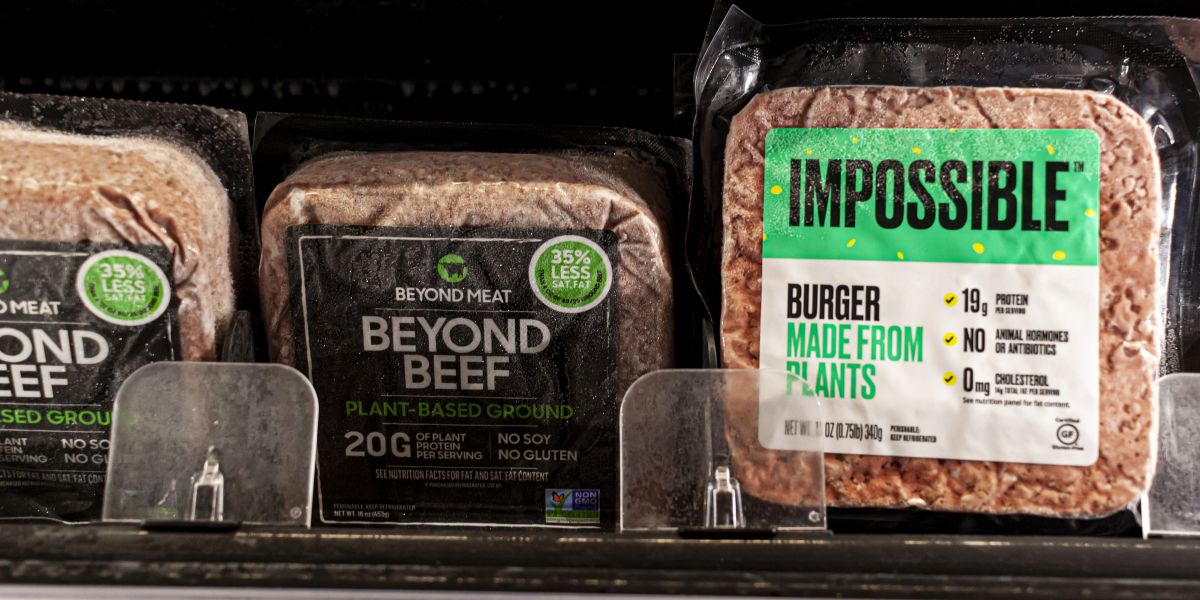A new study has shown that the high iron content claimed to be found in meat substitutes is not absorbed by the body very well.
Now researchers have called for food producers to explore new processes to ensure vital nutrients in plant protein-based foods are absorbed by the body.
The study by a team from Chalmers University of Technology in Sweden set out to explore the nutritional value of meat substitutes, as little research has been carried out on the impact of eating textured plant proteins.
- Gut response to digesting red meat could explain its associated risks of heart disease
- Growth outcomes similar in children following meat and plant diets, research confirms
Lead author Cecilia Mayer Labba said: “Among these products, we saw a wide variation in nutritional content and how sustainable they can be from a health perspective. In general, the estimated absorption of iron and zinc from the products was extremely low. This is because these meat substitutes contained high levels of phytates, antinutrients that inhibit the absorption of minerals in the body.
“Both iron and zinc also accumulate in protein extraction. This is why high levels are listed among the product’s ingredients, but the minerals are bound to phytates and cannot be absorbed and used by the body.”
Phytates build up when proteins are extracted to use in meat substitutes. Phytates combine with essential dietary minerals in the gastrointestinal tract to form compounds which cannot be absorbed by the body.
The Swedish study examined 44 meat substitute products sold in Sweden, which are mostly made from soy and pea protein, and proteins derived from fungi.
The study’s co-author, Ann-Sofie Sandberg, Professor of Food and Nutrition Science at Chalmers, said: “It is clear that when it comes to minerals in meat substitutes, the amount that is available for absorption by the body is a very important consideration. You cannot just look at the list of ingredients. Some of the products we studied are fortified with iron but it is still inhibited by phytates.
- Reducing or cutting out meat from diet linked to lower overall cancer risk, study indicates
- Swapping processed meat for vegetables and nuts could add minutes to your life every day, study suggests
“We believe that making nutrition claims on only those nutrients that can be absorbed by the body could create incentives for the industry to improve those products.”
Cecilia Mayer Labba added: “Plant-based food is important for the transition to sustainable food production, and there is huge development potential for plant-based meat substitutes.
“The industry needs to think about the nutritional value of these products and to utilise and optimise known process techniques such as fermentation, but also develop new methods to increase the absorption of various important nutrients.”
The full study has been published in the journal Nutrients.




